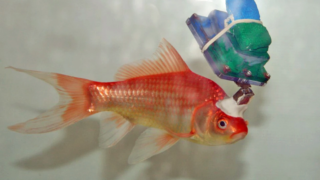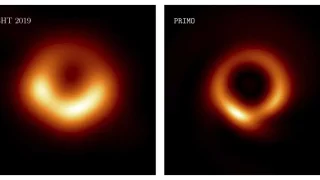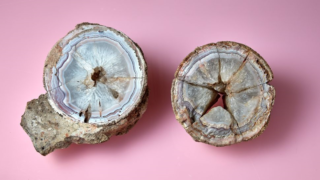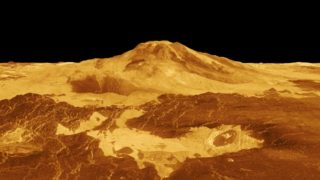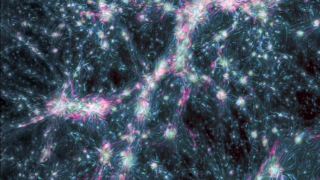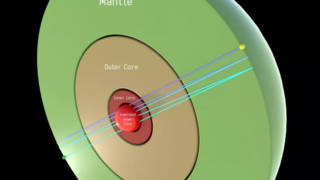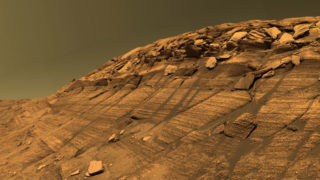
MI weekly selection #512
Mars formations may derive from similar material Scientists who reviewed data from the Alpha Particle X-ray Spectrometer on NASA’s Opportunity rover say Mars’ Burns formation and underlying Grasberg formation may have originated from a similar source material. Dust particles or ash from volcanic eruptions may have solidified before they were blown to the site and […]
